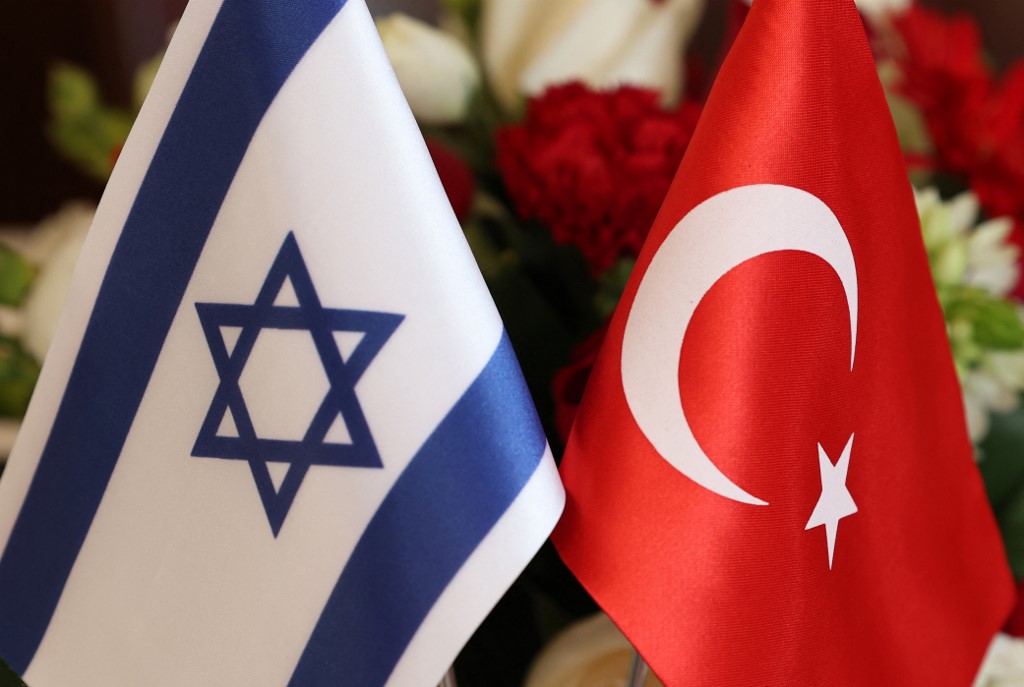The US administration has urged Turkey and Israel to establish a military deconfliction mechanism in Syria to prevent potential accidents, according to a report from the Middle East Eye (MEE).
The collapse of the government of Bashar al-Assad in December has left a power vacuum and brought Turkey and Israel into direct proximity as neighboring players in the region.
Turkey’s growing influence in Syria has worried Israel, which has launched airstrikes and ground incursions to keep Syrian forces away from its border.
Last Wednesday Israeli and Turkish officials met in Azerbaijan in a high-level meeting aiming to calm tensions between the two countries’ armed forces in Syria.
Official sources told MEE that the meeting came after Washington encouraged both sides to engage in dialogue to prevent potential incidents.
A US official briefed on the matter said US Secretary of State Marco Rubio emphasized the importance of de-escalating tensions with Israel and increasing dialogue during his meeting with Turkish Foreign Minister Hakan Fidan on April 3 in Washington.
The official added that Rubio reiterated the importance of the ongoing deconfliction talks in a follow-up phone call with Fidan on Monday.
A regional source noted that Washington is particularly concerned that Turkish and Israeli jets are now operating in dangerously close proximity, increasing the risk of unintended clashes.
However, a Turkish official downplayed the role of US diplomacy, saying Turkey and Israel have had deconfliction mechanisms in place for some time.
The official said Turkey has maintained similar channels with Russia, Iran and the US in Syria for years, adding that the one with Israel is “not a big deal.”
“Turkey and Israel previously were in touch during Ankara’s evacuation of its citizens from Lebanon last year,” a separate source familiar with the matter told MEE. “The two countries also used US Central Command as a channel for deconfliction in the past.”
This new mechanism, the source added, would provide 24-hour access for both parties, enhancing real-time coordination.
Despite these tensions, Ankara is unlikely to abandon its plans to establish military bases in Syria to combat the the Islamic State in Iraq and the Levant (ISIL) and fill the vacuum left by the shifting roles of Russia and Israel. Additionally, Turkey has formed a regional coalition with Syria, Iraq, Lebanon and Jordan to coordinate military operations against ISIL, although a formal defense pact with Damascus is still pending.
The US diplomatic efforts are seen as aiming at mitigating the risks of an accidental clash between Turkish and Israeli forces as both countries expand their military presence in Syria.



